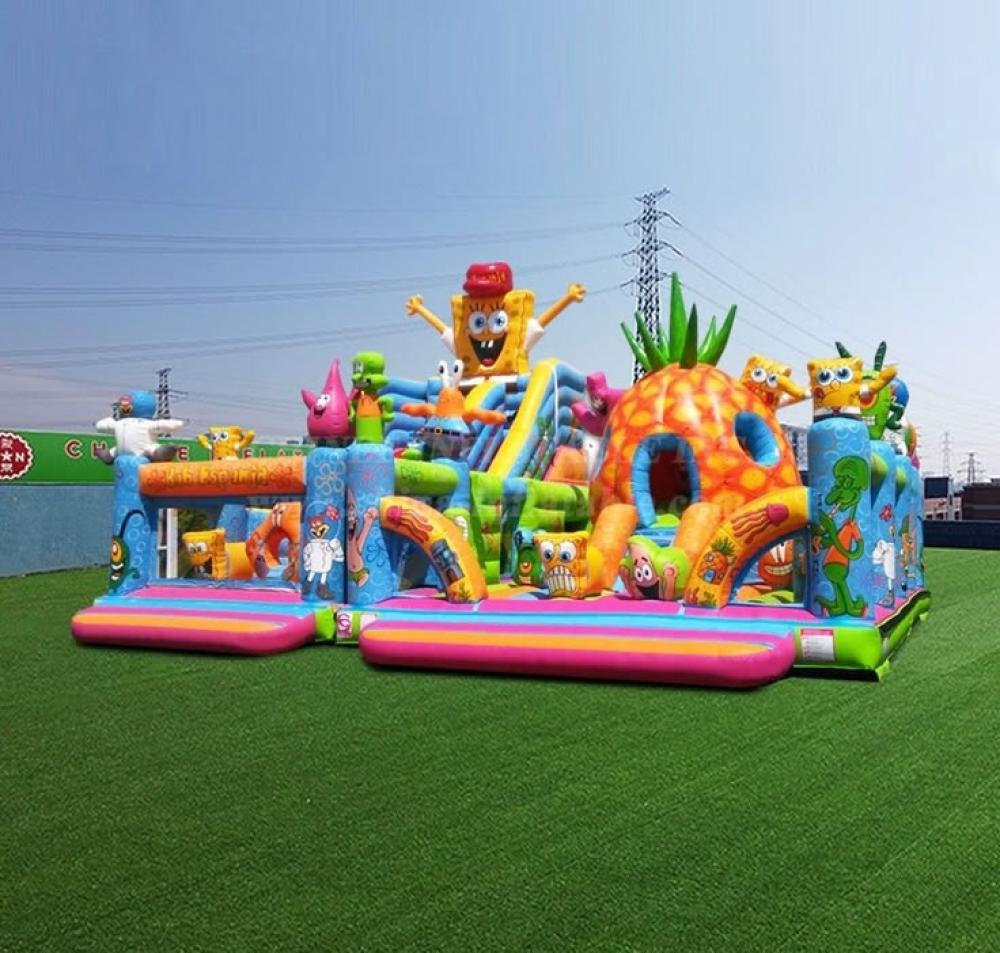Play is an essential part of a child’s life, as it is not limited to entertainment only, but extends to being an effective tool in promoting social development in children. By interacting with their peers while playing, children acquire important social skills that help them build strong relationships and develop their personalities in a positive way. In this article, we will learn about the role of play in improving a child’s social development.
1. Develop communication and interaction skills
When children participate in group games and social development, they learn how to talk to others and express their thoughts and feelings in a clear way. Children’s interaction with each other during play also enhances listening skills and mutual understanding.
2. Promote teamwork and cooperation
Play teaches children the importance of teamwork and cooperation with others to achieve common goals and social growth. Whether playing on a sports team or a joint construction game, children learn how to assign roles and share responsibilities.
3. Teaching the values of respect and participation
When playing games with others, the child learns the value of respecting and adhering to rules, in addition to the importance of sharing toys and resources with his peers. These values contribute to improving the child’s behavior and enhancing his ability to interact positively with those around him.
4. Develop the ability to resolve conflicts 
During play, children may encounter conflict situations, such as competing over a toy or having different points of view. Through these experiences, they learn how to resolve conflicts peacefully, whether through dialogue or compromise, which enhances their problem-solving skills.
5. Building self-confidence and independence
Playing helps the child make decisions for himself and express his opinions, which increases his self-confidence. Participating in group games also enhances social development and his sense of accomplishment and makes him feel that he is an influential member of the group.
6. Learn emotions and empathy for others
By developing social interaction with other children during play, the child learns to understand and empathize with others’ feelings. For example, when role-playing, the child can put himself in the shoes of others, which develops a sense of responsibility and social awareness.

